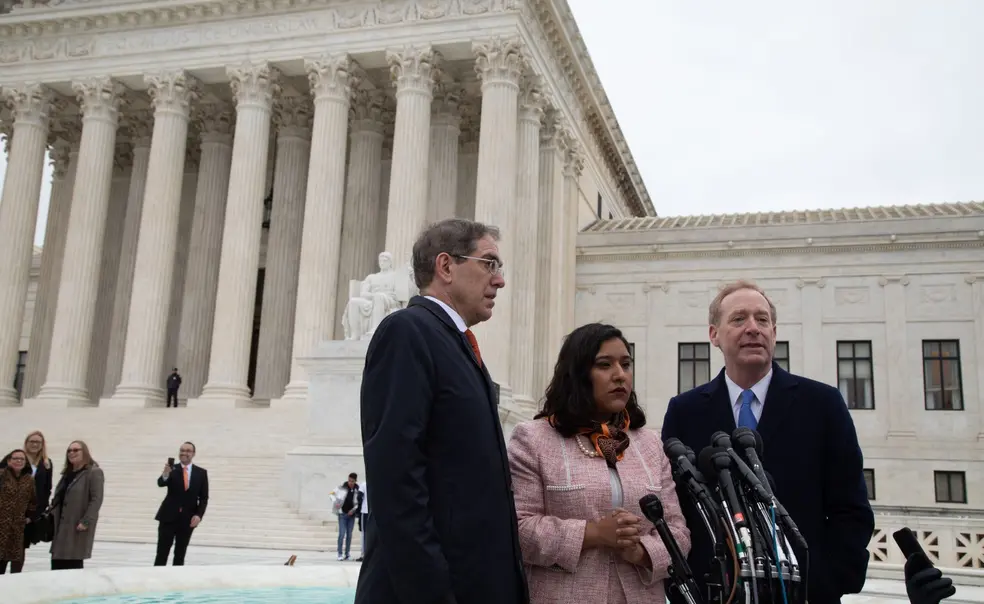At Virtual Town Hall, Eisgruber Answers Questions About Inclusivity
In his Sept. 2 letter on diversity and combatting racism, President Eisgruber ’83 called for ideas — and for Princetonians’ “engagement to make this University better.” In a lively virtual town hall with about 300 alumni Oct. 29, he got it.
At the meeting, Association of Latino Princeton Alumni president Margaret Sena *17 praised Princeton for advocating for Dreamers before the Supreme Court and asked what Princeton was doing to make the Carl Fields Center a home for students of color as its predecessor, the Third World Center, had been. Eisgruber acknowledged that when it was created, the Fields Center “wasn’t a place that students felt was their home,” but said Princeton is working to ensure it has the “right leadership and the right sense of ownership” and has joined with students to re-envision affinity spaces. But he added that the center shouldn’t serve as a “singular focus of attention” for students of color, whose social lives range across campus.
Asked about the presence of and support for Indigenous students, the president said he was “cautiously optimistic” that a chair in Indigenous studies can be established; other officials said Princeton was working to recruit more Native students and faculty, collaborating with three federally recognized Lenape tribes on a land-acknowledgement marker, and launching an oral-history project with Native American alumni. To a question about anti-Asian racism and Asian American programs, Eisgruber said Princeton hoped a gift would endow an American studies center to look “from a scholarly perspective at intersectionality.”
Members of Concerned Black Alumni of Princeton asked to meet to discuss anti-racism initiatives, particularly a proposal from the group for a center “dedicated to the eradication and remediation of the effects of systemic racism.” Eisgruber said all ideas would be considered but demurred when it came to meeting with the group, saying he has “an obligation of fairness and an obligation of neutrality.” One alum expressed concern that the University planned to take control of the Princeton Prize in Race Relations, which was started by alumni. Vice President for Advancement Kevin Heaney responded that Princeton had “no interest in taking over the program” but hoped to partner with alumni “to grow” it.
Eric Plummer ’10, president of the Association of Black Princeton Alumni, later complimented Eisgruber for providing “an open forum for real dialogue.” Was it productive? “I think the meeting was as productive as town halls can be,” Plummer said. The real value of the event would be seen “in the University’s response to the points and issues that were raised,” he said.












No responses yet